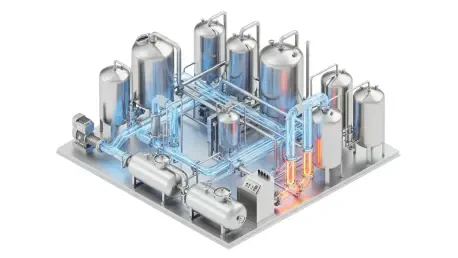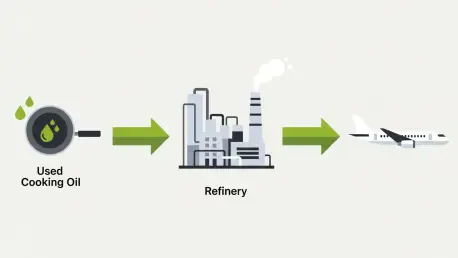
The successful modernization of sugar refining facilities, exemplified by the Parag Agro Foods project, represents a significant advancement in the agro-processing sector. This review will explore the evolution of clean-tech solutions, their key features, performance metrics like steam consumption

The immense and rapidly growing power consumption of data centers, quietly driven by the twin engines of artificial intelligence and cryptocurrency, is positioning the global technology infrastructure on a collision course with the limitations of our energy grids. While these facilities currently

The familiar scent of diesel at the docks is beginning to give way to a cleaner alternative as the maritime industry steers a decisive course toward decarbonization, driven by both regulatory pressure and a growing environmental consciousness. Sustainable marine fuel represents a significant

A transformative era for Thailand's aviation industry has officially begun as the nation implements a landmark policy mandating the blending of Sustainable Aviation Fuel (SAF) with conventional jet fuel, a regulation that took effect on January 1st. This decisive move, orchestrated by the

In the vast and complex world of global trade, where 90% of all goods travel by sea, the shipping industry’s substantial carbon footprint has long been one of the most formidable challenges in the fight against climate change. Two of the largest players in this ecosystem, logistics leader DHL and

As increasingly severe summer heatwaves push conventional air conditioning systems to their limits and send utility bills soaring, a growing number of homeowners are discovering a highly effective and efficient alternative in modern heat pump technology. Long perceived by some as suitable only for